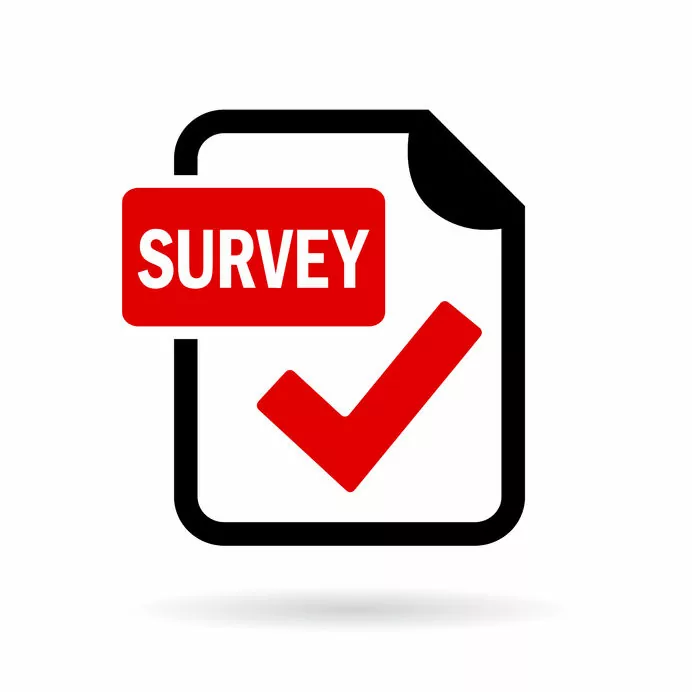
VeDA asked patients to share information about their symptoms and VeDA's role in supporting the vestibular community.Here are some of the key findings:
- Almost half took over a year to get correctly diagnosed.
- When asked to rate their symptoms on a scale of 0-10, with 10 being extreme and zero being non-existant, 85% rated “dizziness” five or above.
- 87% rated “imbalance” five or above.
- 79% rated “vertigo” five or above.
- 76% rated “brain fog” five or above.
- 62% rated “nausea” five or above.
- 44% rated “falling” five or above.
- The top diagnoses reported were: 1) Meniere's disease, 2) “unknown” and 3) BPPV/vestibular migraine (tied).
- When looking for information online, most patients searched by the name of their symptom, and most found VeDA through a Google or other online search (compared to social media or through a doctor/friend referral).
- Most respondents found VeDA when they were already diagnosed.
- When asked what areas of advocacy VeDA should focus on, most rated “quicker diagnosis” and “improving treatment outcomes” as most important.
- When asked which of the following is most important to you, respondents said (ranked in order of importance): 1) finding the right vestibular specialist, 2) having access to a wealth of science-based information about MY specific vestibular condition, 3) having a basic understanding of MY vestibular condition, 4) having access to a wealth of understanding around all vestibular disorders, 5) engaging with other patients who have the same or similar condition, 6) being part of a movement to raise awareness for vestibular disorders, and 7) having a basic understanding of what “vestibular” means.
- 35% of respondents visit VeDA's website at least weekly or monthly.
- Half of the respondents had not heard of Balance Awareness Week.
- When asked if VeDA has had an impact on the respondent's ability to live with their vestibular disorder, 7% said that VeDA has had a life-changing impact, 24% = significant, 37% = moderate, 23% = minor, and 9% = no impact.
